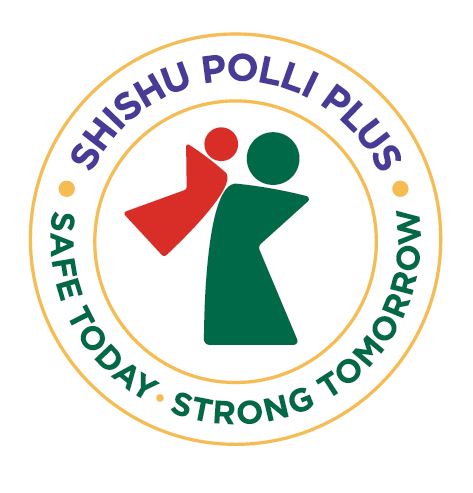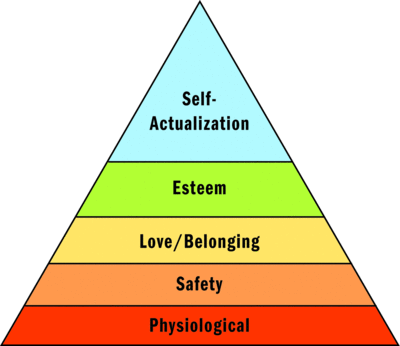We are the only organisation in Bangladesh working with destitute women and their children. We give the mothers the skills and abilities to earn an income and care for/educate their children. The core aim being to keep the families together and ensure the children do not have to go in to care.
In Bangladesh many impoverished women are left looking after children without male support. The men may have gone to the city to find work (and not returned) or divorced their wives (many of the mothers we help are not literate and unaware the marriage ceremony they had was not legally binding). Some mothers are widowed and a few have a husband who is severely disabled or ill.
A woman bringing up children on her own is particularly vulnerable in small rural communities where resources are limited. Many of the families that come to SPP are from the ‘char’ areas of northern Bangldesh where land is subject to flooding and erosion. Often children need to work (and miss school) to generate some income or their mothers may be forced to put them in to institutional care. A high proportion of the children are undernourished/malnourished when they first come to us.
SPP started as an organisation for abandoned children and we noticed how many mothers were distraught because they loved their children but couldn’t feed or care for them. Leaving them in a place where they would be safe was their only option. When we moved to Sreepur in 1989 we re-organised so that we could provide training and support to women with their children – so that the families could stay together. There is considerable evidence (and most of us would agree) that, if she has the ability to care for her child, the best place for any child is with their mother.
There are a considerable number of organisations offering care and education to children but we are the only place. in Bangladesh, working to give mothers the skills and abilities to earn an income and care for their families. Families stay with us for up to three years according the their vulnerability and needs. The model we follow is based on Maslow’s Hierarchy of Needs (see below).
Since we started over 1,000 families have returned to the community. The majority to their own home areas but some to reasonably well paid work elsewhere. We have various outcome measures but the thing we monitor most carefully is whether the children are going to school. If a child is attending school, not only are they getting an education but it is a good indicator that the family is functioning well.
Our service is given on this model.

